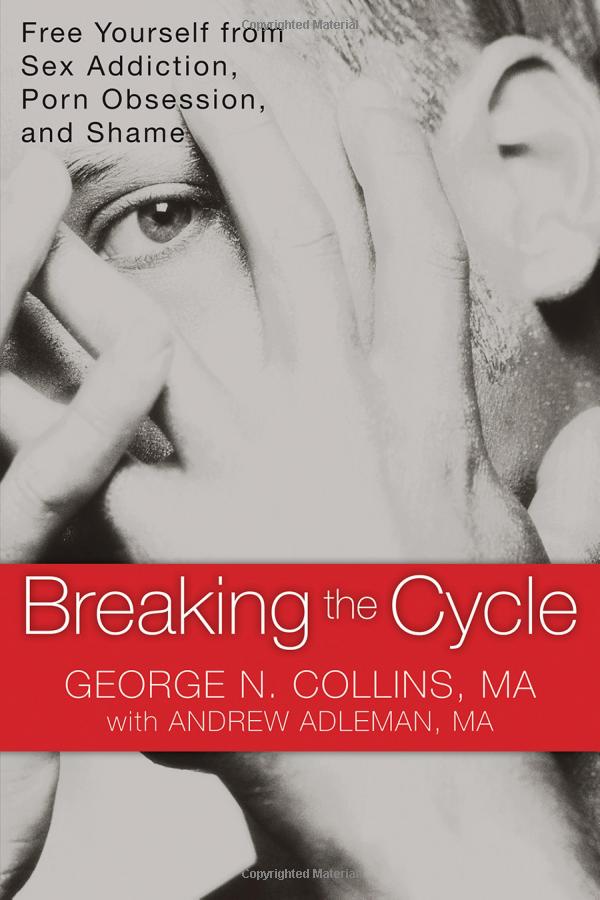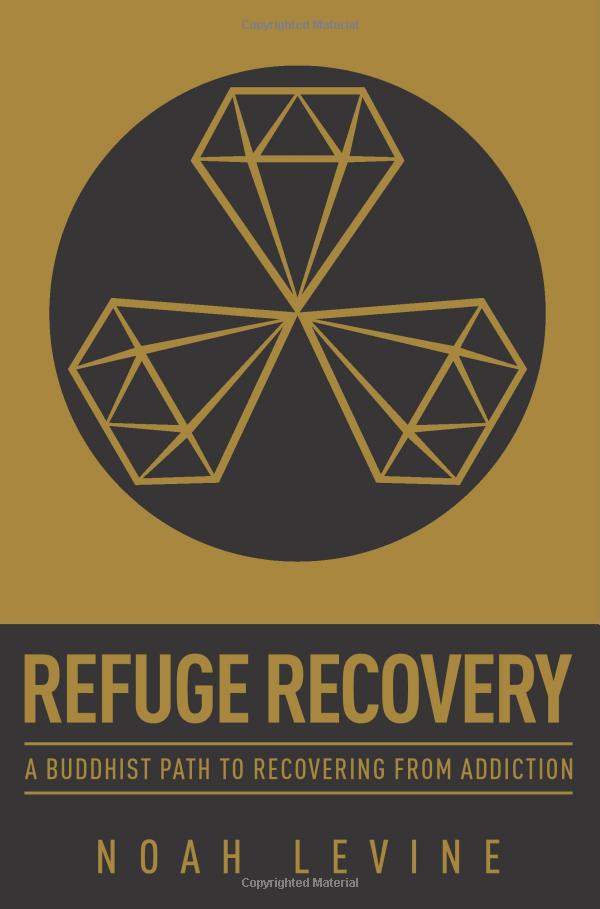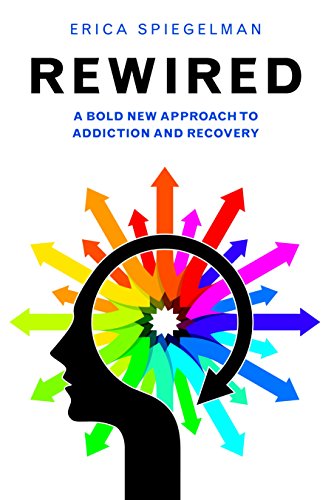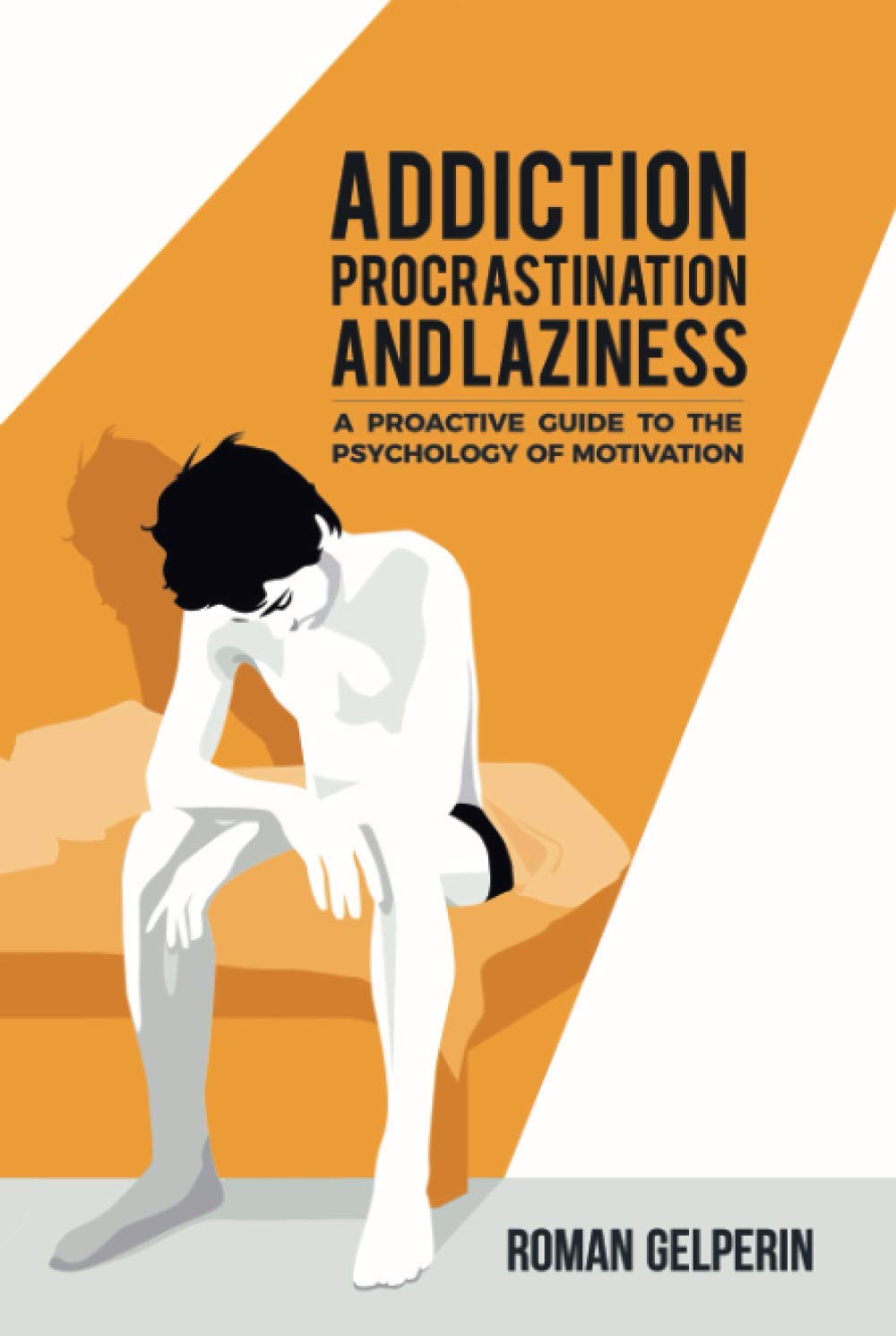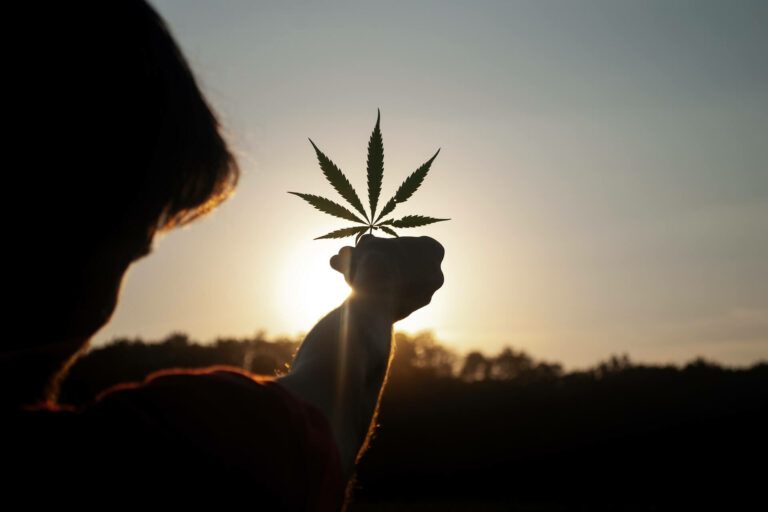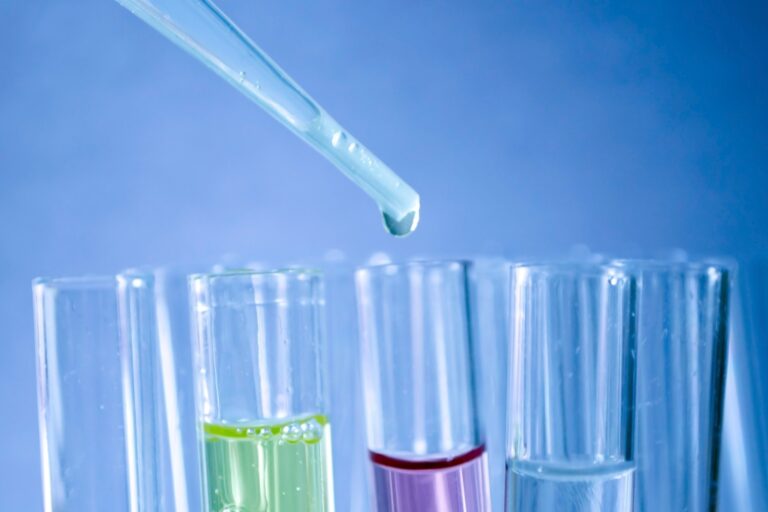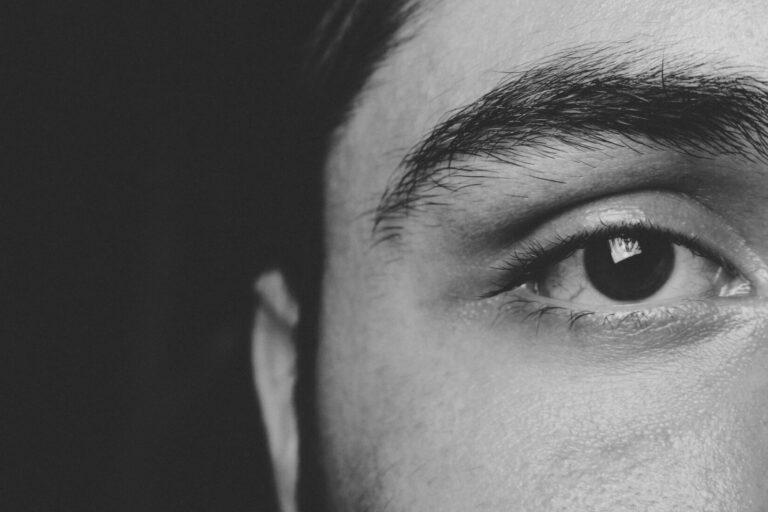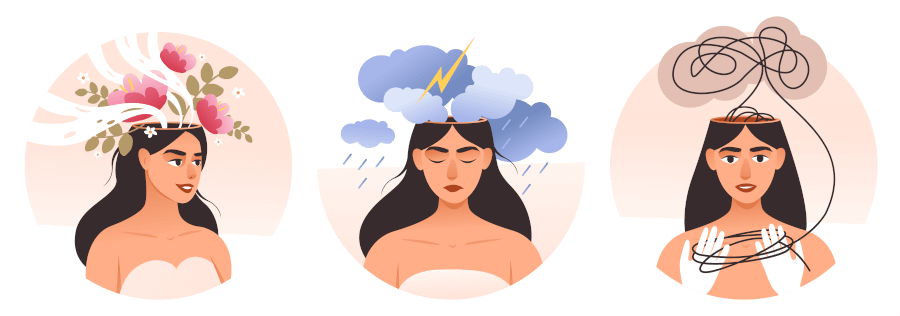
Addiction is a chronic and complex disease that affects millions of people world wide. It is distinguished by compulsive drug or alcohol use, despite the negative consequences such as health issues, relationship problems, and financial difficulties. Addiction can be caused by a combination of genetic, environmental, and psychological factors.
The Addiction and Relapse Cycle
The addiction and relapse cycle is a common pattern of behaviour in people who struggle with addiction. It is a cycle that typically begins with the first use of a substance or behaviour, progresses to regular use, addiction and finally, relapse.
When using the substance or engaging in the behaviour, the person typically feels a sense of pleasure or relief from stress. Even in the face of negative consequences the positive reinforcement of these behaviours can lead to continued use. With continued use the pattern becomes entrenched as a coping mecanisim. Even while the person may experience negative physical and psychological effects as the addiction progresses, such as withdrawal symptoms, tolerance, and cravings. These negative effects can cause feelings of shame and guilt and result in denial and avoidance, as well as a desire to stop using or engaging in the behaviour, but the inability to do so.
Even after a period of abstinence, the person may encounter triggers or stressors that cause them to resume using or engaging in the behaviour, resulting in a relapse.
The cycle of addiction and relapse can be difficult to break because the person may feel trapped in a pattern of behaviour over which they have no control. It is possible to break the cycle and achieve long-term recovery with proper support and treatment, including therapy, medication, and support groups.
Addiction Types:
Addiction is classified into two types: substance addiction and process addiction.
- Substance addiction is defined as the compulsive use of drugs or alcohol, which includes prescription drugs, illegal drugs, and alcohol. Substance addiction can cause physical and psychological dependence, as well as withdrawal symptoms when the individual stops using the substance.
- Process addiction refers to compulsive behaviours like gambling, gaming, internet use, and sex. These behaviours, like substance use, can be addictive and have negative consequences in a person’s life.
The Relationship of Complex Trauma to Addiction, Anxiety, and Depression:
Childhood abuse or neglect, for example, can increase an individual’s risk of developing addiction, anxiety, and depression. Trauma can change the chemistry of an individual’s brain, making them more vulnerable to addiction and mental health disorders. Trauma can also cause feelings of shame, guilt, and low self-esteem, which can lead to addiction and mental health problems.
People who have experienced complex trauma may turn to addictive substances or behaviours to help them cope with their emotional pain and distress. Addiction can also serve as a temporary diversion from the overwhelming emotions and memories associated with trauma.
How Addicted People Act Out in Specific Life Situations
Addiction can have a variety of effects on an individual’s life, and how they act out in specific situations may differ depending on their unique experiences and coping mechanisms. However, here are some examples of how people who are addicted to something may behave in specific life situations:
- In social situations: Addicts to substances or behaviours may withdraw or avoid social situations entirely. They may have difficulty emotionally connecting with others and forming and maintaining relationships.
- Addiction can have an impact on an individual’s ability to form and maintain intimate relationships with others. They may experience feelings of shame and guilt, which can make emotional connections with others difficult.
- Addiction can have an impact on an individual’s performance at work or school. They may struggle to concentrate and cope with stress, resulting in poor performance and possibly job loss or academic failure.
What We Can Do to Help:
If you or someone you know is suffering from addiction, it is critical that you seek the assistance of a mental health professional who specialises in addiction treatment. Therapy, medication-assisted treatment, and support groups are all options for addiction treatment. Family members and loved ones can also play an important role in assisting addicts by providing emotional support, encouraging them to seek help, and assisting them in developing healthy coping mechanisms.
Do you want to get to understand addiction better? Are you or is someone you love suffering from an addiction? Learn about the complex interplay between our brain, behaviour and addiction and what you can do about it.
We hope you found this explanation informative and useful. If so you may want to see the rest of the free guide in this series. To learn more about addiction treatment Recovery Direct Online Counselling in Johannesburg hosts a range of programmes to better understand the addiction and recovery process.


